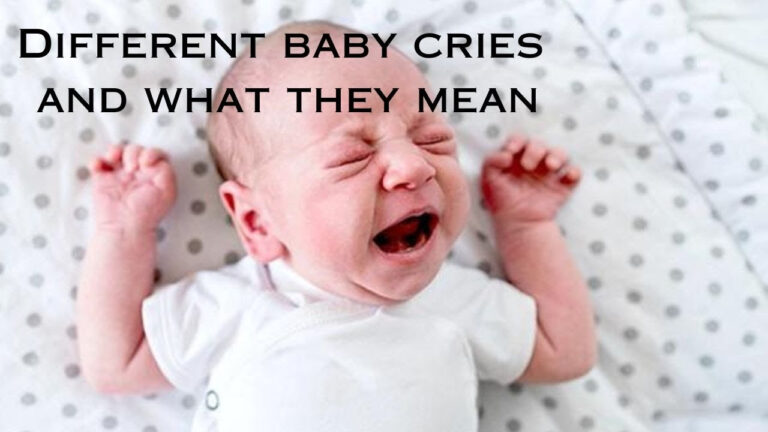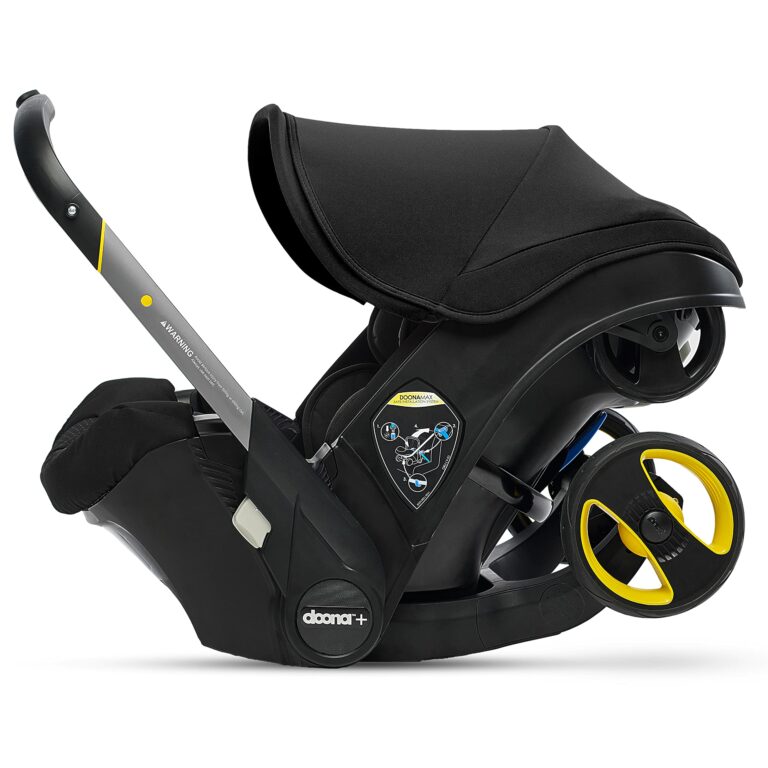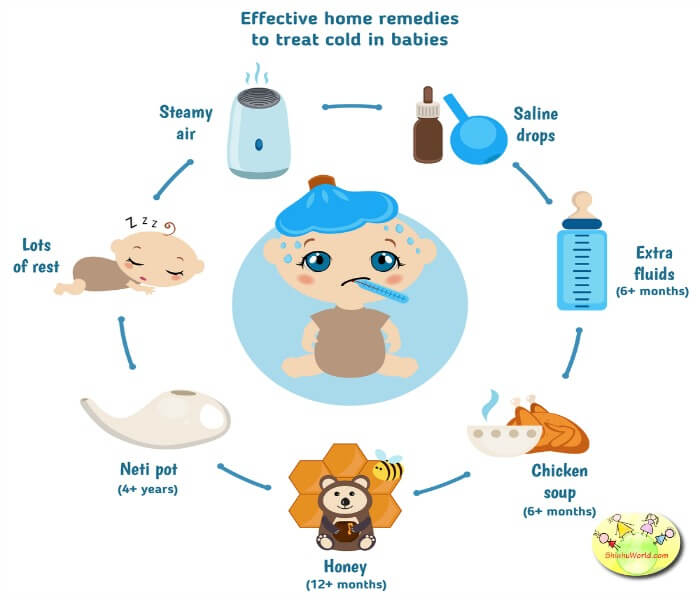How To Know If Your Baby Has A Concussion
As a parent, the safety and well-being of your child are of utmost importance. Accidents can happen, and sometimes, those accidents can result in head injuries. One of the most concerning head injuries is a concussion. Knowing how to recognize the signs of a concussion in your baby is crucial for their health and well-being. In this article, we will discuss everything you need to know about how to know if your baby has a concussion.
Knowledge
When it comes to identifying a concussion in your baby, there are several key signs and symptoms to look out for. It’s important to remember that babies may not be able to communicate their symptoms verbally, so it’s essential to pay close attention to their behavior and physical cues. Some common signs of a concussion in a baby include:
One of the first signs of a concussion in a baby is a noticeable change in their behavior. This could include increased irritability, excessive crying, or unusual fussiness. If your baby is normally calm and content but suddenly becomes irritable or inconsolable, it could be a sign of a concussion.
If your baby has experienced a head injury and loses consciousness, even for a brief moment, it is a clear indicator of a concussion. Loss of consciousness can range from a few seconds to several minutes and should always be taken seriously.
Vomiting is another common symptom of a concussion in babies. If your baby vomits after a head injury, it is crucial to seek medical attention immediately. Vomiting can be a sign of increased pressure in the brain, which can be dangerous if left untreated.
If your baby has difficulty waking up or seems unusually drowsy after a head injury, it could be a sign of a concussion. It’s important to monitor your baby’s sleep patterns and responsiveness after a head injury to ensure they are not experiencing any serious complications.
A concussion can also affect your baby’s eating habits. If your baby refuses to eat or drink, or has a sudden change in appetite, it could be a sign of a concussion. It’s important to monitor your baby’s feeding habits and contact a healthcare provider if you notice any significant changes.
If your baby’s crying sounds different or more intense than usual after a head injury, it could be a sign of a concussion. Pay attention to the pitch and tone of your baby’s cries, as they may indicate distress or discomfort related to a head injury.
Conclusion
In conclusion, knowing how to recognize the signs of a concussion in your baby is essential for their health and well-being. By being aware of the common symptoms and behaviors associated with concussions, you can take prompt action to ensure your baby receives the necessary medical attention. Remember to trust your instincts as a parent and seek professional help if you have any concerns about your baby’s health.
Overall, this article is aimed at parents and caregivers who want to be prepared in the event of a head injury. By understanding the signs of a concussion and knowing what to look out for, you can help protect your baby’s health and safety.
It’s important to stay informed and educated on the topic of concussions in babies, as prompt recognition and treatment can make a significant difference in the outcome. By being proactive and attentive to your baby’s symptoms, you can ensure they receive the care they need to recover fully from a concussion.





